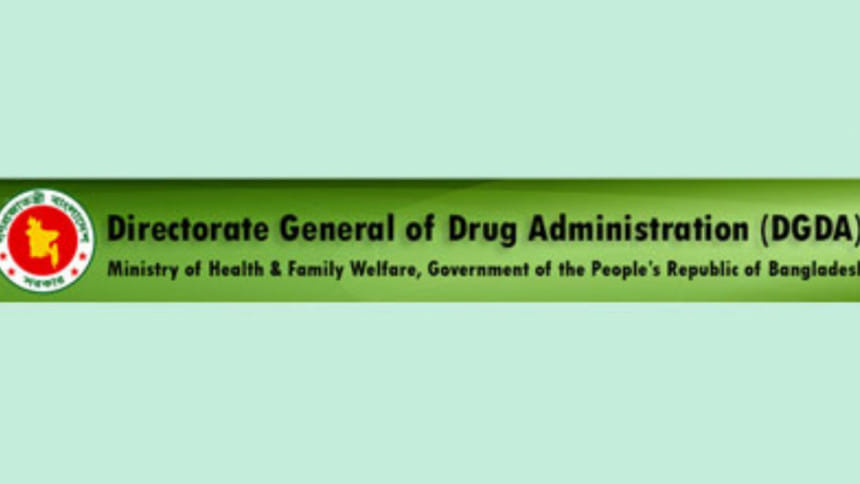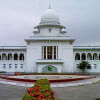Mini-labs in six districts

The Directorate General of Drug Administration (DGDA) has launched six international standard mini-labs in as many districts to enhance its capacity to check sale of fake medicines.
The mini-labs have been set up under the global programme titled Promoting the Quality of Medicines (PQM), with technical support from United States Pharmacopeia (USP). They will also help ensure quality of medicines, said drug admin officials.
The new portable mini-labs started operating in Dhaka, Chattogram, Rajshahi, Khulna, Barishal and Rangpur in October last year, said Md Saiful Islam Khan, technical manager of PQM-Bangladesh.
The USAID has funded the initiative, including maintenance for five years.
The DGDA had only two labs under its National Control Laboratory (NCL) to monitor 40,285 products of 858 local pharmaceuticals companies. Besides, there were a lot of imported medicines in the market, said officials.
This presented great problems to the drug admin in monitoring the quality of medicines. With the introduction of the mini-labs, things have become easier for the DGDA.
It takes around three hours to conduct a test at a mini-lab, compared to several weeks taken by NCL labs, said officials.
Dr Syed Umar Khyyam, chief of PQM-Bangladesh, said they have been working with DGDA to step up monitoring of medicines and enable labs to test the quality of medicines accurately and reliably.
The mini-labs collect samples considering the most important risk factors such as top-selling medicines, new and costly products, hard to reach areas and high disease seasons, he added.
Substandard and fake medicines can cause treatment failure and have adverse impacts on patients. They can also increase mortality and raise the chance of antibiotic resistance, said Md Mehedi Hasan, national consultant of essential drugs and medicines at WHO Bangladesh.
Maj Gen Md Mustafizur Rahman, director general of DGDA, said the drug admin carries out surveillance on medicine shops on a regular basis to evaluate the quality of medicines and take proper action against fake ones, if there is any.
“Using a mini-lab is a new idea in Bangladesh. It's a portable lab for field-level testing of medicines and it works fast.”
Mini-labs have made market surveillance dynamic, the DGDA chief said.
Some drug admin staffers have been trained to run mini-labs as well.
Md Shakhawat Hossain Razu, superintendent of drugs in Barishal, said mini-labs were being used to conduct tests on suspected poor quality medicines. Only the low quality products are sent to NCL for thorough checks.
According to 2017-18 report of the DGDA, it had filed 221 cases, imposed fines of Tk 163,57,000 and seized illegal medicines worth Tk 42,60,170 in the last fiscal year.

 For all latest news, follow The Daily Star's Google News channel.
For all latest news, follow The Daily Star's Google News channel. 








Comments